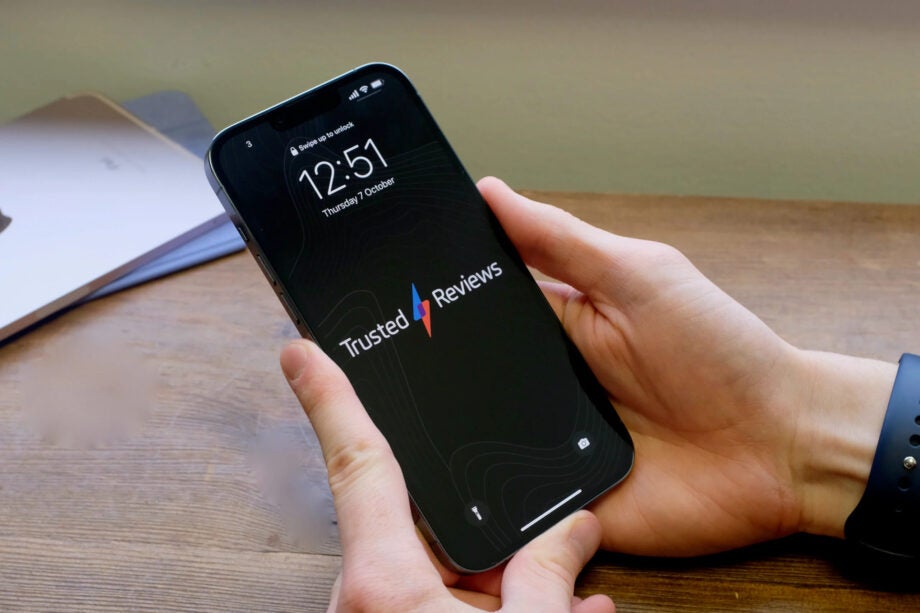Apple, Google and Microsoft team up to push passwordless sign-ins

US tech giants Apple, Google and Microsoft have joined forces to support the newest developments in the FIDO protocol, a sign-in method designed to replace passwords.
The FIDO (Fast IDentity Online) Alliance created the common passwordless sign-in standard in partnership with the World Wide Web Consortium.
It’s designed to let websites and apps to offer secure sign-ins to users across a range of devices and platforms using just their PIN, fingerprint or face authentication. That means you’ll no longer need to memorise multiple unique passwords or pay for a password manager to juggle all of your accounts.
The protocol is already supported on a range of apps and websites and Apple, Google and Microsoft have been building them into their own services.
However, up until now, users have been forced to sign in to a website or app with every device individual before they can go passwordless.
Going forward, users will be able to automatically access their FIDO sign-in credentials automatically on many devices, including brand new ones.
They’ll also be able to use FIDO authentication to sign in to an app or website on a nearby device, regardless of what OS platform or browser they use.
So, why are these tech companies so keen to get rid of passwords?
According to a recent blog post shared by Apple, password-only authentication is “one of the biggest security problems on the web”.
Not only are they difficult to remember, but many of us are guilty of reusing our passwords, compromising our own security in the case of a breach.
Many security experts recommend enabling two-factor authentication (or 2FA) to give your online accounts an extra layer of security, but this can be inconvenient as it requires that users go through multiple steps to get into their accounts.
The FIDO standard enables websites and apps to offer a fully passwordless option. This means users can log into apps and social media accounts using the same fast authentication method they use to unlock their phone.
Apple also claims the standard will protect against phishing scams, making them supposedly safer than a traditional password or one-time code sent to your inbox.
These new developments in the FIDO protocol will be arriving on Apple, Google and Microsoft’s platforms over the coming year.





